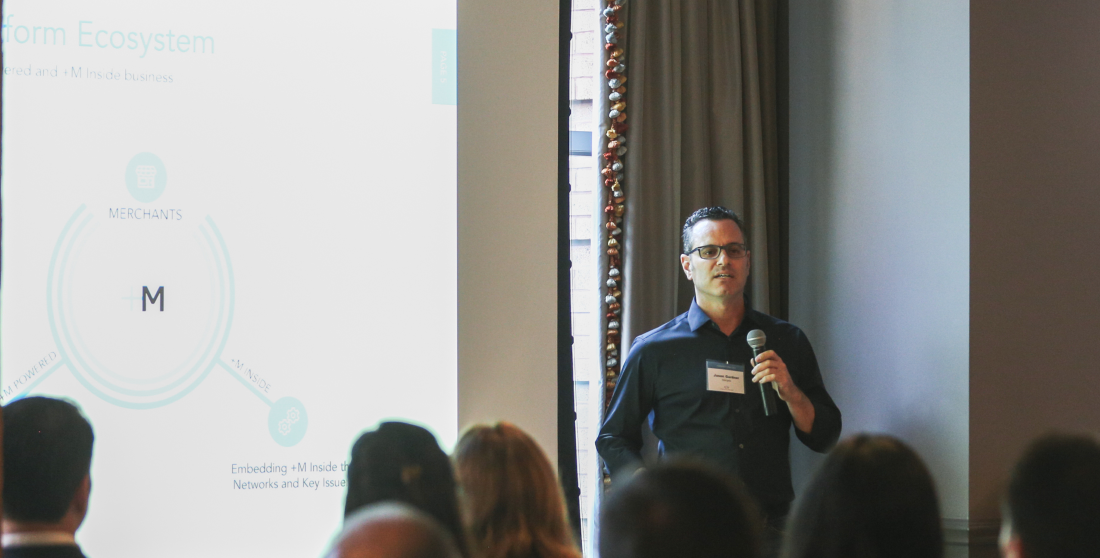
Not all capital is created equal. Micah Baldwin, member of Grasshopper Bank’s early stage practice and advisor to dozens of startups, explains the pros and cons of different investment streams.
Not all capital is created equal — and founders looking to fundraise need to know the nuances of different capital streams, especially today.
Micah Baldwin has dedicated much of his career to helping to steer startups through their lifecycles. Micah now helps manage the early stage practice at Grasshopper Bank, and has advised dozens of founders at incubators like 500Startups, at venture firm Madrona Ventures, and at Amazon’s AWS Startup group.
“When you think of your tech stack, you think about all the pieces that go into the various components of your product that you're launching.” - @micah Share on X“When you think of your tech stack, you think about all the pieces that go into the various components of your product that you’re launching, and you want to be able to make decisions that accentuate the growth of your product over time,” he says.
The capital stack is no different: Different sources of capital can serve different purposes, and founders should be as intentional as possible in what types of funding they’re seeking. To hear Micah’s full seminar on building your capital stack, register at Founders Network.
“Venture capital is a common route, but it comes with high expectations for growth,” Micah explains. “It’s built on a concept of identifying one big winner out of several potential losers — and for that reason, venture investors tend to prize the potential scale of your startup over the long term.”
“There are downsides to raising venture money.” - @micah Share on X
“There are downsides to raising venture money,” he adds. “The scale of your business, the speed of growth — those sorts of things change rapidly. And there’s an expectation that maybe you create a different type of business than the business that you want to build.”
Debt is another common avenue for startup founders. If you’re profitable, you’ll likely come into it with a strong position to negotiate terms. If you aren’t, raising debt has the potential to get dicey, depending on the type of bank you’re working with.
“Traditional banks are more likely to offer something like a standard small business loan,” Micah explains, “whereas startup banks, like Grasshopper and a number of others, are more likely to offer flexible financing terms.”
“If you run into problems, it's much easier to solve them when you can talk to somebody who understands what you're doing” - @micah Share on X“Your venture bank will have a tendency to understand founders. You can have a conversation with your banker, who will understand your situation much more clearly than a traditional bank. If you run into problems, it’s much easier to solve them when you can talk to somebody who understands what you’re doing,” he says.
Your startup’s sales can also influence what types of funding are available to you. If your revenue is significant and growing, some lenders might offer revenue-based financing whereby your accounts receivable is used as leverage for your loan. Other founders may choose to explore small business grants — and the COVID-19 pandemic brought about a spate of government loans and potential grants for small businesses, startups included.
Over the long run, your customers are an ideal way to finance your startup.
“The best way to finance a business is through your own customers.” - @micah Share on X“The best way to finance a business is through your own customers,” Micah says. “It’s not just the customer buying the product — a lot of times, if you have a large customer, they will fund your R&D and help figure out some of your product growth.”
If you have a large corporate customer — and particularly if there’s a certain feature set they’re interested in — they might be willing to finance some of your development. Startup founders can ask for an investment to build features that would eventually get built anyway.
“You can structure your contracts in a way where you get money up front from large companies in order to help fund the growth of your business,” Micah explains.
Finally, the process of raising capital has changed in COVID-19, and will likely look a bit different for some time.
Investors are still allocating cash, despite turmoil in the economy. But startup founders should exercise patience to whatever extent possible as investors adjust to new ways of doing business.
“Funds are trying to understand how to operate differently: It doesn't mean that nothing's getting done or can't get done; it's just that everything is taking longer.” - @micah Share on X“Funds are trying to understand how to operate differently: How do they interact with their partners? How do they source new deals and engage with new deals? How do they manage their current portfolio, and get comfortable with due diligence? I think all of those things will shift over time,” Micah says. “It doesn’t mean that nothing’s getting done or can’t get done; it’s just that everything is taking longer.”
Prior to COVID-19, founders may have planned to raise money on a horizon of 12 or 18 months; now, it would be wise to stretch that out longer.
“Everybody has to get comfortable with how business is being done now,” he adds.






